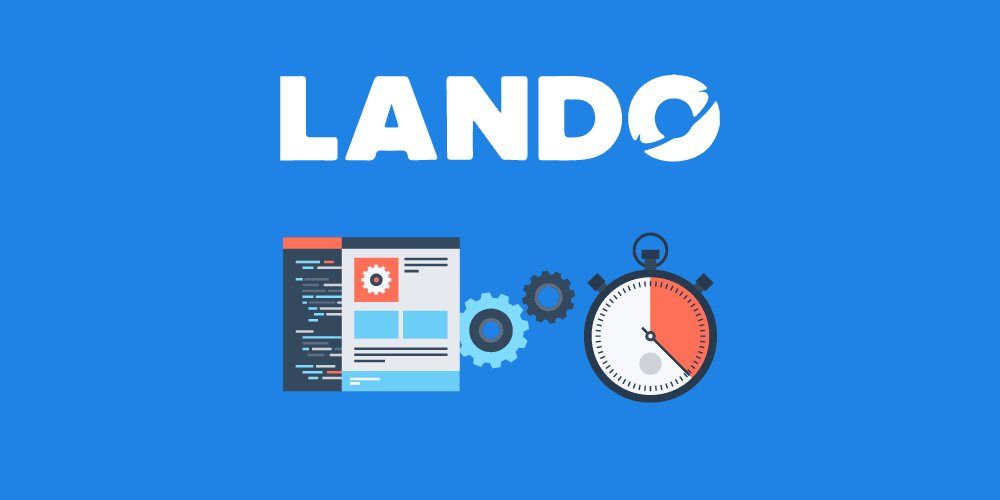Platform.sh aims to be a complete solution for web development and hosting, while at the same time offering the flexibility to slot into your own development tools and methodologies. That's a tricky balance to strike at times: Providing a complete solution while offering maximum flexibility at the same time.
One area where we generally favor flexibility is in your local development environment. You can use whatever local development tools you're most comfortable with: MAMP, WAMP, VirtualBox, Docker, or just a native local install of your needed tools.
For those who fear analysis-paralysis from so many choices, though, we've decided to start reviewing and green-lighting recommended tools that we've found work well. And the first local development tool we can recommend is Lando.
Lando is a Docker-based local development environment that grew out of Kalabox, a VirtualBox-based local dev tool for Drupal. Lando is much more flexible and lighter-weight than a virtual machine-based solution, and has direct support for a variety of systems including Drupal, Laravel, Backdrop, and WordPress. It even goes beyond PHP with support for Node.js, Python, and Ruby as well, just as we do.
Like Platform.sh, Lando is controlled by a YAML configuration file. Although being Docker-based it cannot directly mimic how a Platform.sh project works, it can approximate it reasonably well.
We've included a recommended Lando configuration file in our documentation. It's fairly straightforward and easy to adapt for your particular application. It's also possible to synchronize data from a Platform.sh environment to your local Lando instance in just a few short commands. Lando's own documentation provides more details on how to trick out your local system with whatever you may need.
We still believe in allowing you to pick your own development workflow, so you don't have to change anything if you already have a workflow that works for you; if you want our advice, though, Lando is a solid option that should get you up and running locally in minutes, while Platform.sh handles all of your staging and production needs.
 Switching to Platform.sh can help IT/DevOps organizations drive 219% ROI
Switching to Platform.sh can help IT/DevOps organizations drive 219% ROI Organizations, the ultimate way to manage your users and projects
Organizations, the ultimate way to manage your users and projects




